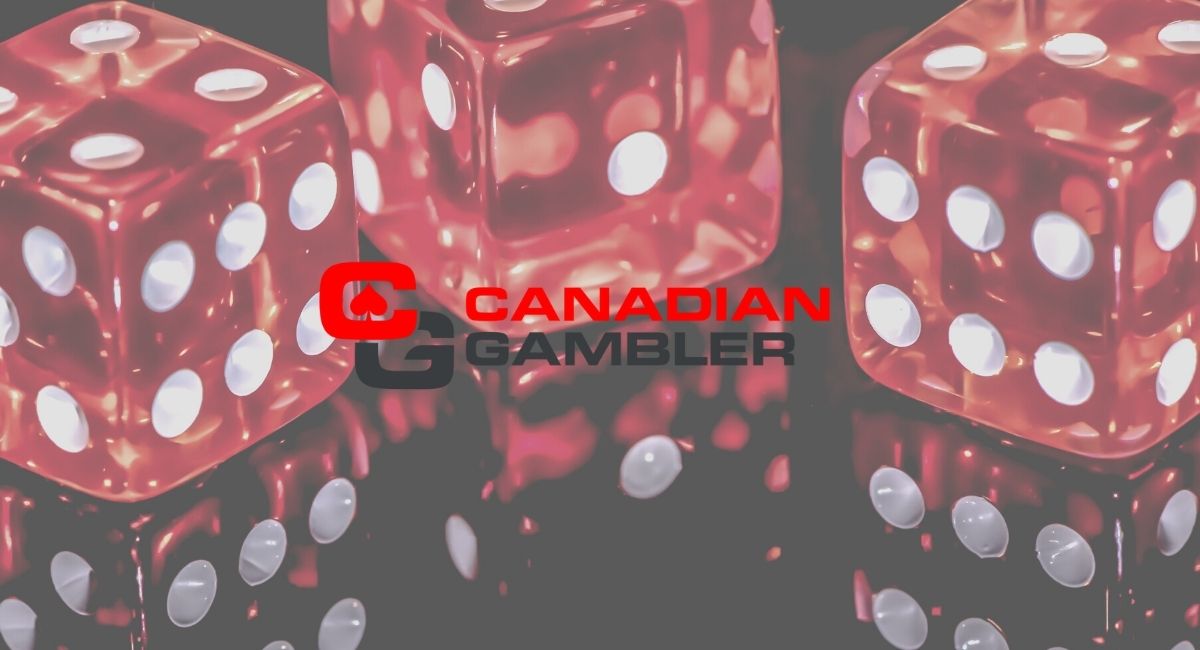One of the most popular traditions in the country is filling out a March bracket. Sixty-seven games take place over three weeks at arenas all across the country. We aim to be perfect and, when we aren’t, we hope to still be better than our friends.
It’s difficult to recall which upset you chose in the first round or which underdog you believed was heading to the Final Four. Many of us fill out many brackets. It’s hard to keep track. It’s not difficult to recall the college players who became household names or the shots that made college basketball history.
How do I find a perfect bracket?
The perfect March Madness bracket requires that you correctly pick all 63 games before the competition starts. This means picking correctly 32 games in round one, 16 in round two, eight in Sweet 16, four in Elite Eight, two Final Four, and the national championship game.
It is not possible to make the perfect bracket. It’s not impossible to try.
What are the chances of selecting a perfect bracket?
If you live through them all, the odds of winning the perfect NCAA Tournament are equal to those of being struck by lightning approximately 3,428,571 times.
Why are the odds so long It’s because of the many possible outcomes and the amount of upsets March Madness is known for. There are many ways to fill out a March Madness bracket.
However, odds don’t always work out. Near-assurances like No. Mathematicians claim that the actual odds of perfection are approximately 2.4 trillion. 1 seeds beat 16-seeds in round one — except for that one instance.
One of the most popular traditions in the country is filling out a March bracket. Sixty-seven games take place over three weeks at arenas all across the country. We aim to be perfect and, when we aren’t, we hope to still be better than our friends.
It’s difficult to recall which upset you chose in the first round or which underdog you believed was heading to the Final Four. Many of us fill out many brackets. It’s hard to keep track. It’s not difficult to recall the college players who became household names or the shots that made college basketball history.
It is almost certain that one of the 67 fan base members will have its heart broken at some point during March. However, the madness of March can give any fan a glimmer or hope. Sometimes it is best to just let go of your bracket and enjoy the rollercoaster ride that March brings.
However, this is not the main focus right now. It’s March and it’s time for a bracket. It’s our passion.
Which team was closest to an NCAA perfect bracket?
Gregg Nigl was ill on Thursday, the first day of the 2019 NCAA Tournament. He called in sick and was going to be in bed for recuperation. But, before Nigl could get a nap, he decided to create a bracket to participate with his friends in the tournament group. This bracket was the most successful ever. His picks began winning on Thursday morning, and he kept it up. He won the first round and then won the second.
Nigl was the first to create a verified bracket that accurately predicted every Sweet 16 game. He correctly predicted 49 of the games, breaking the previous record of 39. There are millions of brackets filled every year. It’s possible that someone has made a better bracket than you or before the internet kept an official record.
The NCAA website states that it has “closely followed about 20-25,000,000 online brackets per annum at a dozen major games since 2016, using public leaderboards, direct reporting, and information gathering with these games.” Before 2016, they relied on online archives and reports.
It is amazing that the Tournament’s first 49 games were correctly predicted. Each game can be considered a 50-50 chance. The odds of Nigl correctly selecting 49 consecutive games is one in 562 trillion. Nigl, an Ohio neuropsychologist, lost his first game in the tournament’s 50th round when Purdue defeated Tennessee 99-94 in overtime. After that, his bracket began to lose some of its magic. He correctly picked five Sweet 16 teams and one Final Four team.
Chances of getting a perfect bracket during March Madness
For simplicity, one in ninety-two million people are capable of correctly picking every matchup, even if it is a 50-50 chance. A quintillion billion is one billion billion. No. No. FiveThirtyEight estimates that the odds of their model being successful, which takes into account actual basketball knowledge and tournament history is one in 2.15 billion.
No matter what measurement is used, the odds of success are long. Warren Buffett, a billionaire, has offered $1Billion to anyone who could predict the Sweet 16. But it’s highly unlikely that this will ever happen. Buffett has since lowered the stakes by offering $1 million per year to Berkshire Hathaway employees who correctly predicted Sweet 16. Buffett also offered $1 million to all employees of Berkshire Hathaway to those who correctly predicted the Sweet 16.
Last Updated on October 2, 2021



